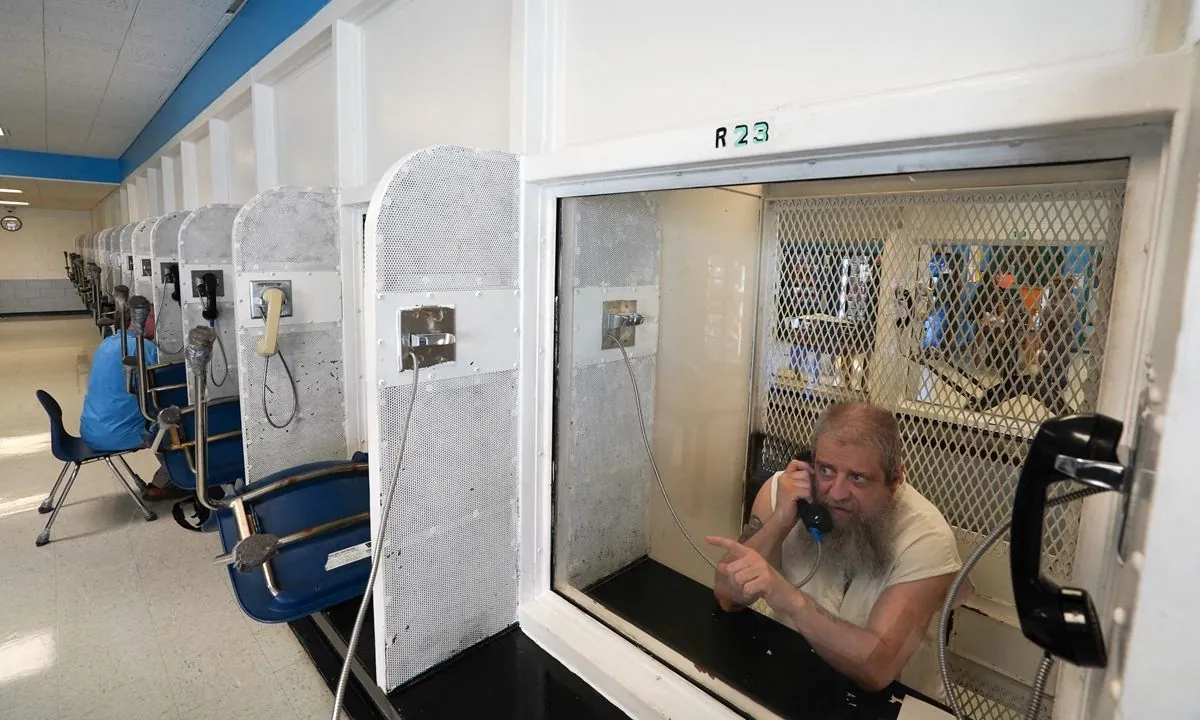In Texas, a contentious debate over clemency has emerged as Robert Roberson faces execution on October 17, 2024. The case has garnered attention from an unlikely alliance of GOP lawmakers and bestselling author John Grisham, who argue that Roberson's 2002 conviction for the death of his infant daughter warrants reconsideration.
This clemency push comes in the wake of recent executions in Missouri and Oklahoma, where similar pleas for leniency were rejected. These cases underscore the infrequency of clemency grants in death penalty situations, a trend that has persisted since the reinstatement of capital punishment in 1976.
At the heart of Roberson's case is the disputed science of shaken baby syndrome, first described in 1971. Eighty-six state representatives, including 30 Republicans, along with medical experts and legal professionals, contend that the scientific evidence used to convict Roberson was flawed. They argue that the child's injuries were more consistent with pneumonia than abuse.
"We want our justice system to work. And I think Texans deserve to know that if a man is going to be executed, that it is right and he is guilty. And if there's even a shadow of a doubt that he is innocent, we should not be executing him."
The case has also raised concerns about parental rights and the potential for false accusations of child abuse. This perspective has resonated with some Republican lawmakers, who view it as an issue of protecting innocent parents from wrongful convictions.
Texas Governor Greg Abbott, who has served for nearly a decade, holds the power to grant clemency upon recommendation from the Texas Board of Pardons and Paroles. Established in 1936, this board plays a crucial role in the clemency process. However, Abbott has only commuted one death sentence during his tenure, reflecting the rarity of such actions.
The debate surrounding Roberson's case occurs against the backdrop of Texas's extensive history with capital punishment. Since 1976, Texas has executed over 570 people, more than any other state. The first execution in Texas took place in 1819, predating the state's admission to the Union.
As the execution date approaches, advocates for Roberson continue to press for a review of the scientific evidence. The American Academy of Pediatrics has called for caution in diagnosing shaken baby syndrome, adding weight to the arguments for clemency.
This case highlights the ongoing controversies surrounding the death penalty in the United States. While 27 states still maintain capital punishment as of 2024, the number of executions has been declining since the late 1990s. International pressure and concerns over the cost and fairness of death penalty cases have led some states to reconsider their stance on capital punishment.
As the debate continues, Roberson's fate remains uncertain, with his case serving as a focal point for discussions on the intersection of science, justice, and executive clemency in capital punishment cases.
